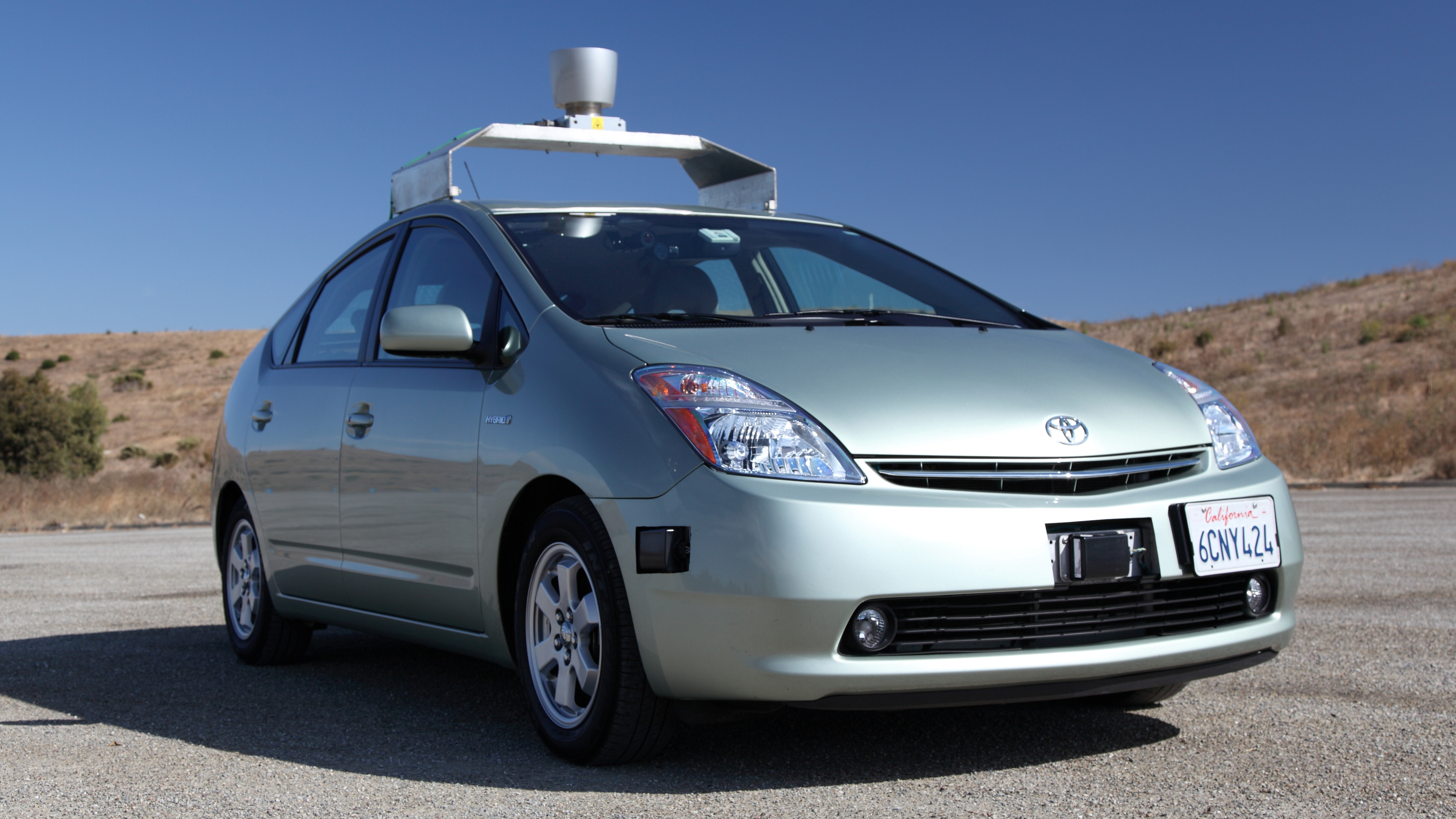Google wants some form of self-driving cars on roads by 2018
Are robo-cars really only five years away?

Google is working hard on its self-driving car technology, but it will still be several years before robotic cars drive themselves on a regular basis.
Anthony Levandowsky, Google's self-driving car tech project manager, recently spoke at a meeting for the Society of Automotive Engineers (SAE) where he said the technology may be ready within half a decade.
"The improvement can be such that we can make cars that drive safer than people do," Levandowsky said.
"I can't tell you you'll be able to have a Google car in your garage next year. We expect to release the technology in the next five years. In what form it gets released is still to be determined."
Technology stuck in traffic
Despite all of the company's tests into self-driving cars, Google isn't interested in breaking into the car manufacturing business.
Instead, Google's focus is on engineering the software to make self-driving cars possible and reliable, then distributing that technology to the automotive giants of the world.
"We're really focusing on building in the reliability so we can trust and understand the system will perform safely in all conditions," Levandowski added.
Get daily insight, inspiration and deals in your inbox
Sign up for breaking news, reviews, opinion, top tech deals, and more.
"How can you trust the system? How do you know how it can perform? How do you design it with proper processes in order to understand and minimize failure? How do you bake into a car redundant braking?"
As if making a car that can drive itself weren't enough of a challenge, the software would have little leeway for errors if it's really meant to be safer than a human driver.
Rules of the road
Assuming Google's robo-car technology is ready in the next five years, there's no guarantee that the legal system will be ready for the shift.
Even if the cars are safer, driver accidents can still occur, and in those cases there are questions as to who is liable on an insurance claim.
"It's a legal morass right now, and unfortunately it will take court decisions to work this out," President for the Insurance Information Institute Robert Hartwig said at the SAE meeting.
"Right behind the first autonomous vehicle is the first autonomous vehicle ambulance chaser," he said. "They will be there faster than you can imagine looking for any sort of accident that might be attributable to a deep pocket."
Technology often advances at a much faster rate than the laws which govern it, and self-driving cars do not appear to be an exception to that rule.
That goes back to Levandowski's statement about form. The technology may be ready in five years, but its introduction will likely be far more gradual before cars can become completely autonomous.
Via Bloomberg